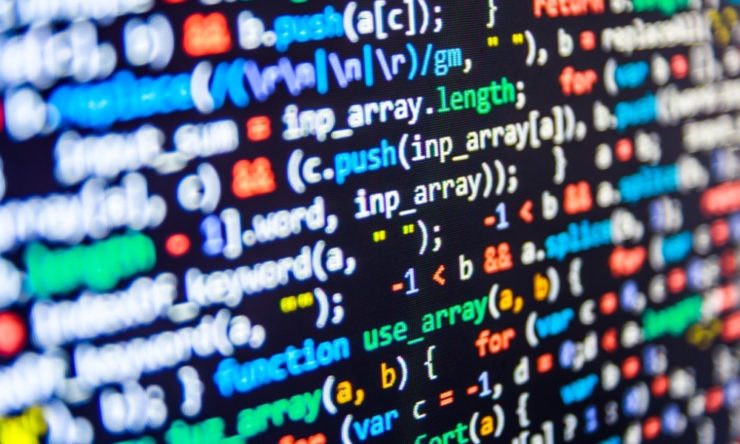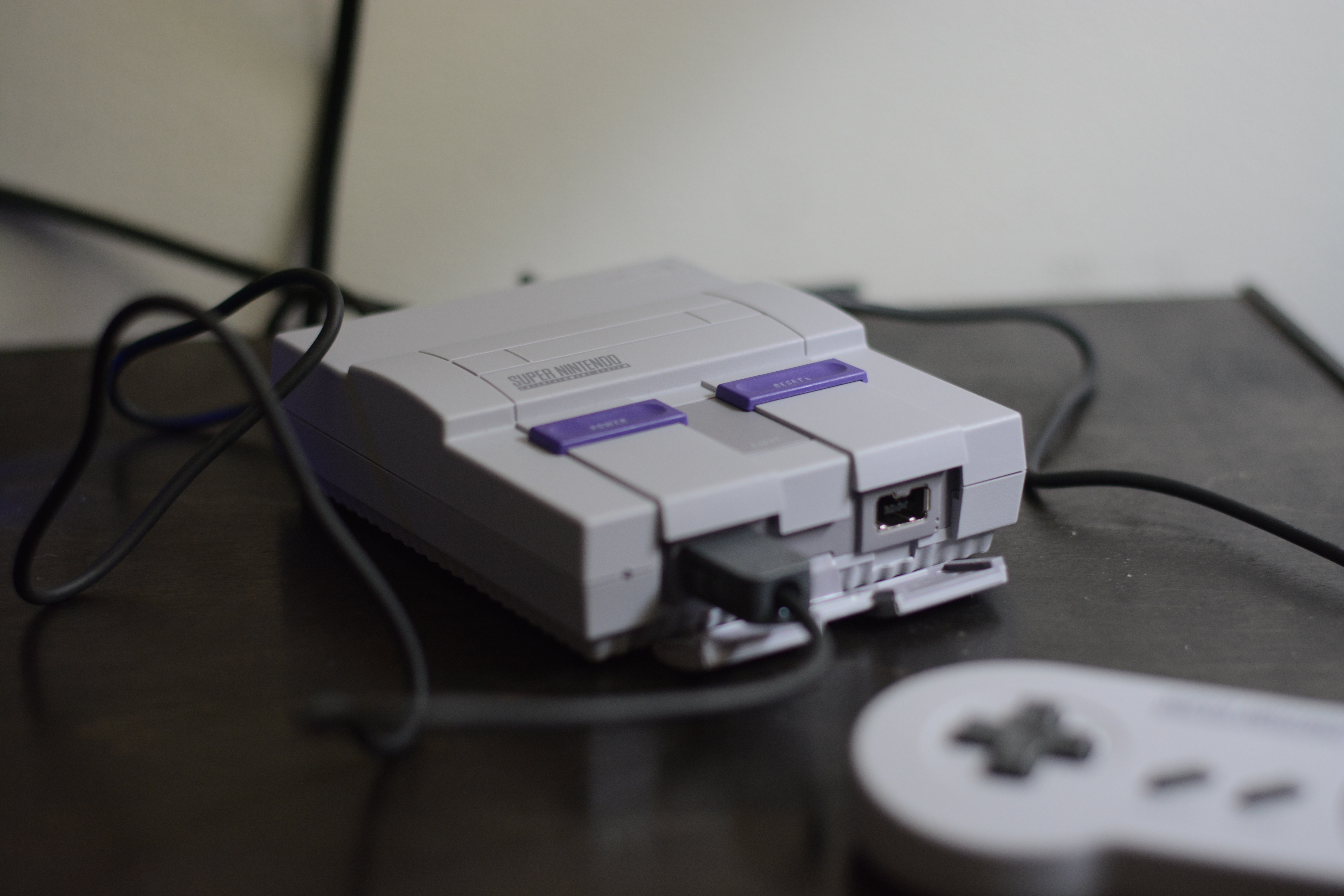
Anytime you start a conversation about learning to code, you generally have one of two point of views.
The first, and probably most widely held view, is that those seeking to understand coding are in for a long and difficult road.
The other, and probably more misguided view, is that learning to code is easy.
In reality, however, there’s no short answer as to just how difficult it will be to learn to code.
But that doesn’t mean that there aren’t short answers when it comes to exactly how you can move forward if you’re looking to become a seasoned, and intelligent, programmer.
So what exactly do you need to do to break down the walls of learning to code?
Let’s find out.
#1 – Focus on the Fundamentals
When a young athlete decides that they want to try their hand at baseball, what are the first things that their coaches try to instill in them?
Are they going to show them how to make diving catches or how to place a perfect bunt down the third base line?
Absolutely not. That would be silly.
Instead, they focus on the fundamentals.
So why do so many teachers in the world of programming insist on having students learn specific languages before understanding the fundamentals?
Especially when many of the languages that were used ten years ago are no longer relevant today.
And you can bet the farm that a lot of the languages that are popular today will also make their way out of relevancy over the next decade.
By focusing on the fundamentals of programming, you put yourself in a much better position to succeed as a programmer over the long term.
#2 – Never Stop Learning… Or Practicing
Back to the young baseball player example.
If that young man wanted to grow up to become an elite baseball player, and potentially even make it into the professional ranks, what would it take for him to get there?
Well, to put it simply, it would take a heck of a lot of practice (15+ years might do the trick).
And just as with that baseball player, practice is the key to learning code.
Now that’s certainly not to say that you need to practice and learn for over a decade before you can get a job in the field (that can take anywhere from 6-24 months for beginners).
What it does mean, however, is that you can’t expect to eventually become an elite programmer unless you’re willing to commit to a lifelong journey of learning and practice.
But how do you go about doing this?
Well, one option is to start a coding blog and teach others about different aspects of what you’re learning along the way.
After all, it’s been proven time and time again that teaching can dramatically improve your knowledge.
Another option is to constantly test and challenge yourself by participating in coding challenges or open source projects.
How you do it doesn’t really matter.
What matters is that you focus on the fundamentals and take time constraints off of your learning journey.
If you really want to break down the walls of learning to code, commit to learning to mastery.
It’ll make your journey infinitely more successful and enjoyable.




